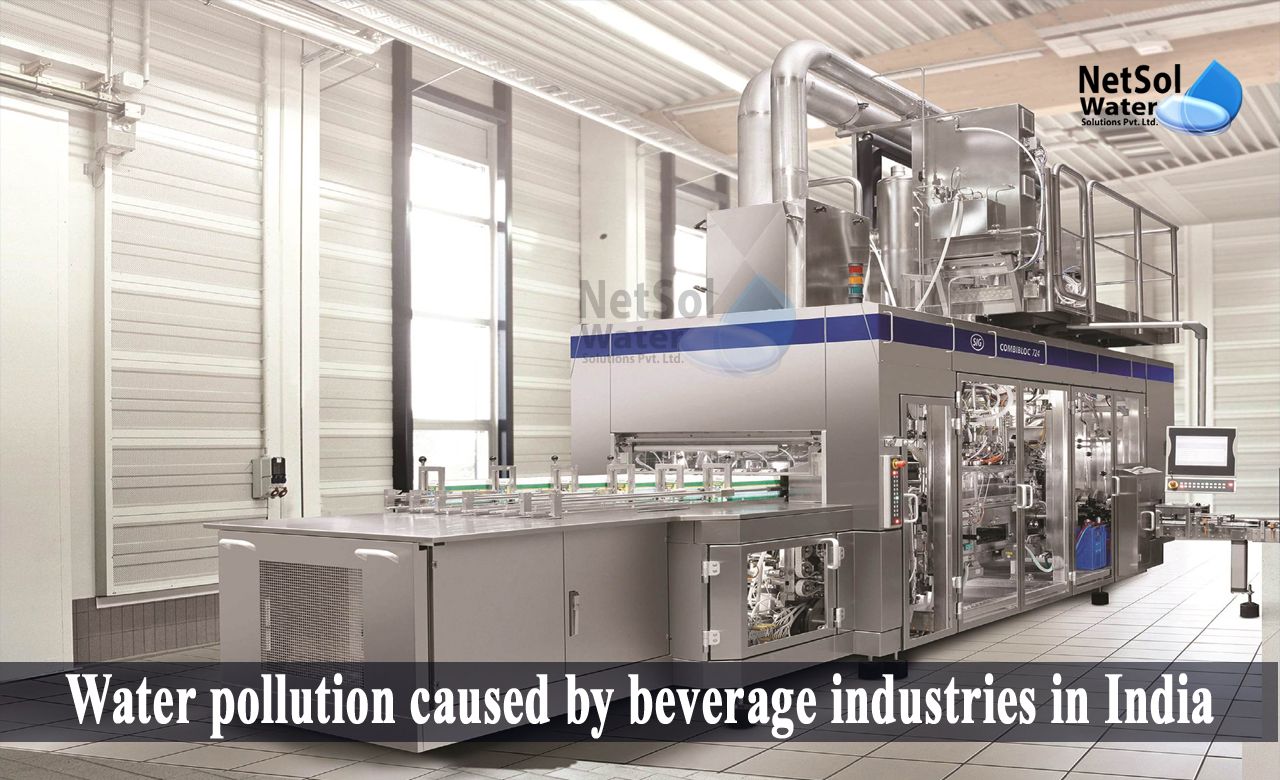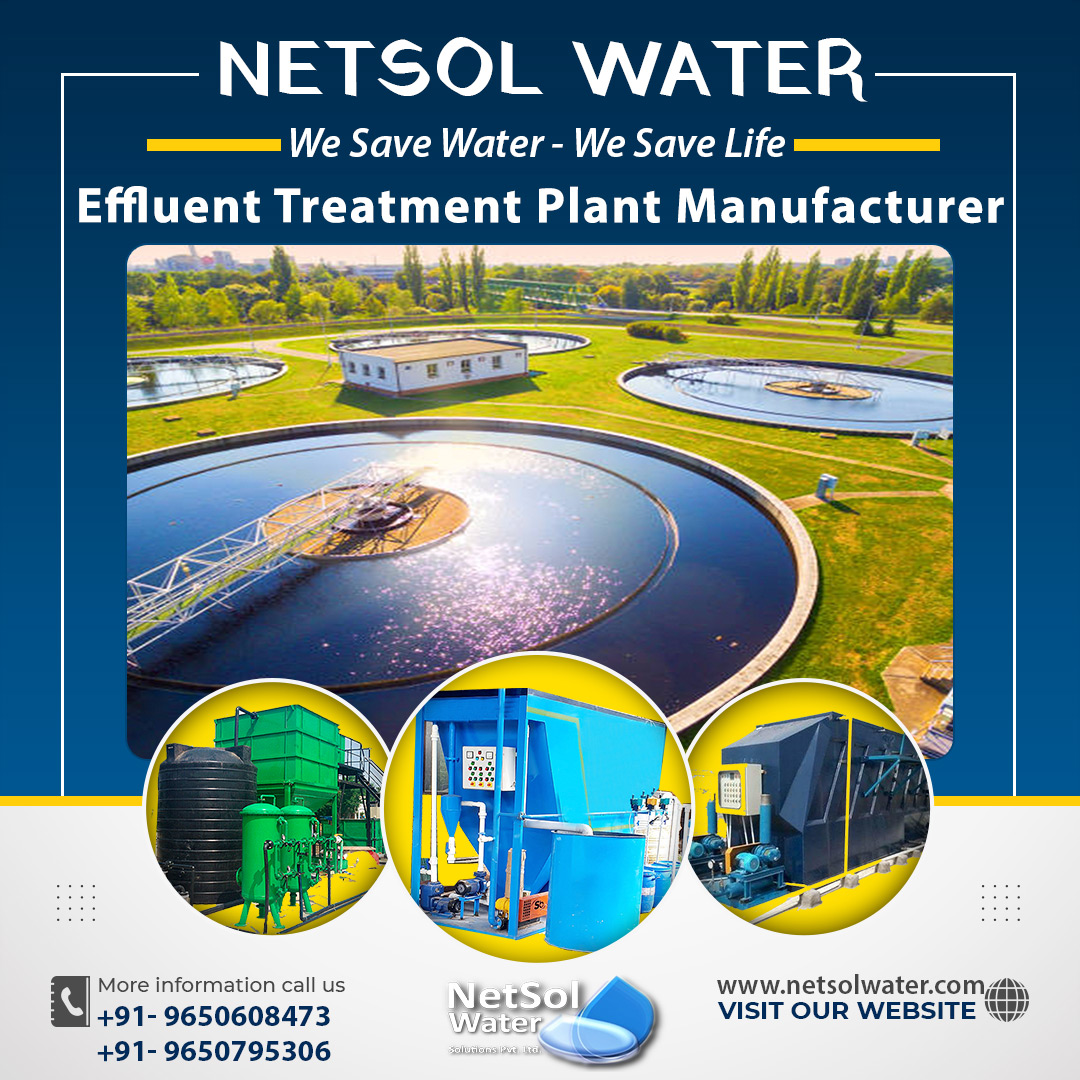How to Water pollution caused by beverage industries?
Water has a wide range of applications in the food and beverage industries. Aside from being a product ingredient, water is a convenient, sanitary, and low-cost resource for cleaning, and other production needs. The wastewater generated by this industry varies greatly, due to variations in the raw materials and products used.
Let’s see the effect of water pollution caused by beverage industries in India, and their effective treatment.
Sources of Wastewater in beverage industries
Soft drink/beverage industries consume a large amount of fresh water as one of the essential ingredients, resulting in a large amount of waste water generation.
Washing of bottles, cleaning of machines and equipment, production line losses, filtration wastes, and raw material wastes, are major contributors to freshwater loss in the beverage industry.
Characteristics of Beverage Industry Effluent
The wastewater contains high concentrations of several organic compounds, such as carbohydrates, starches, proteins, vitamins, pectin’s, and sugars, all of which contribute to high COD and suspended solids.
If not properly treated, wastewater from a series of processes, cleaning, cutting, slicing, washing, frying, salting, coating, and packing, is a significant source of environmental pollution.
Treatment of wastewater
The most straightforward way for beverage processing businesses to reduce water pollution, is to build an effluent treatment plant (ETP) or a wastewater treatment plant (WWTP).
Its primary goal is to develop a product that can be safely discharged into a waterway or sewer, while remaining within recommended discharge limits. After treatment, these effluents can be reused, reducing waste.
Conventional Methods to treat beverage industry wastewater
Water treatment in the beverage industries involves a variety of technologies.There are several stages of water treatment that help in eco-friendly discharge, ranging from removing FOGs to treating high levels of BODs and CODs:
Clarification: Clarification uses flocculants and coagulants to remove suspended solids and particulate matter, which encourages settling.
Biological treatment: By decomposing organics, this step improves the quality of food and beverage industry effluent.
Filtration: It is a technique for physically, mechanically, and biologically separating solids, from treated water.
Reverse Osmosis: This step recovers reusable water through membrane separation.
Disinfection: Using water treatment chemicals and UV light, disease-causing organisms are destroyed to prevent their spread.
Ozonation and ultraviolet radiation are another two processes that aid in the removal of biological contaminants, which remain in the water after treatment.
Water softening: Itinvolves removing calcium, magnesium, and other metal cations, with ion exchange resins.
Deionization: It is a type of water softening that uses either cationic or anionic ion exchange.
Benefits of wastewater treatment plants in beverage industries
Some of the advantages of wastewater treatment plants are as follows:
1. Efficient and effective
2. It is easy to use
3. Greater observance of the law
4. A more favourable industrial image
5. Technology that can sustain itself
Conclusion
Even though, water is the main ingredient in the products such as lemonades, mineral water, juices, beer, wine, and cider, water consumption is one of the most significant cost factors in the sector.
Furthermore, bottle washing and machine and equipment cleaning necessitate massive amounts of clean water. As a result, freshwater consumption is an important cost factor in beverage production. Netsol Water Solution expert assists beverage producers with wastewater treatment, and helps them reduce costs associated with water supply and wastewater management.
Choosing the best effluent/wastewater treatment plant manufacturers in India
Wastewater treatment for the beverage industry is simple and easy with Netsol Water. We've served a variety of industries, catering to their specific requirements for water treatment equipment and plants. We actively recommend and suggest the equipment that will work best for you. Our wastewater treatment is ideal for all of your requirements.




